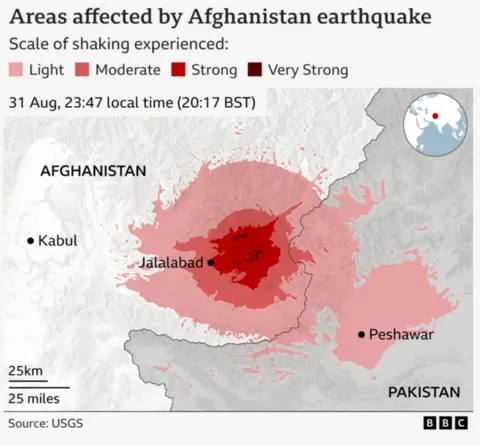The ISC, which is tasked with overseeing MI5, MI6, and GCHQ, has expressed alarm over the lengthy delay in addressing the breach, which has raised serious constitutional concerns regarding the prior handling of the incident. Chairman Lord Beamish has called for immediate access to all relevant intelligence documents to facilitate the inquiry.
The leak, which came to light through a Facebook post and was initially classified under the Justice and Security Act 2013, highlights the governmental failures surrounding the protection of sensitive data. The Ministry of Defence (MoD) has accepted inquiry scrutiny and committed itself to accountability measures. In a bid to respond to potential dangers from the Taliban towards the 19,000 Afghans involved with British forces, the government launched the Afghanistan Response Route to facilitate resettlement, estimating costs to reach £850 million.
In an unsettling twist, the MoD has indicated that it will not proactively offer compensation to those affected, despite being prepared to defend against any legal claims. As the inquiry unfolds, both the ISC and the MoD face scrutiny regarding their roles in the prevention and management of this breach.
The implications of this incident raise urgent questions about national security and the safeguarding of individuals who aided British military efforts during the Afghanistan conflict.
The leak, which came to light through a Facebook post and was initially classified under the Justice and Security Act 2013, highlights the governmental failures surrounding the protection of sensitive data. The Ministry of Defence (MoD) has accepted inquiry scrutiny and committed itself to accountability measures. In a bid to respond to potential dangers from the Taliban towards the 19,000 Afghans involved with British forces, the government launched the Afghanistan Response Route to facilitate resettlement, estimating costs to reach £850 million.
In an unsettling twist, the MoD has indicated that it will not proactively offer compensation to those affected, despite being prepared to defend against any legal claims. As the inquiry unfolds, both the ISC and the MoD face scrutiny regarding their roles in the prevention and management of this breach.
The implications of this incident raise urgent questions about national security and the safeguarding of individuals who aided British military efforts during the Afghanistan conflict.



















